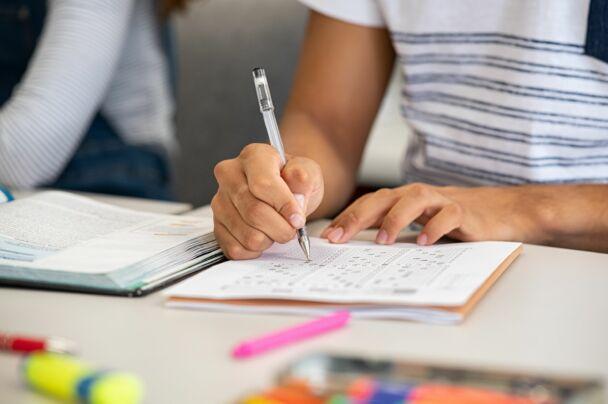Description
Basic Computer Proficiency required. Read more »
Basic computer proficiency courses are designed for individuals who have limited experience with technology. Participants will learn fundamental skills such as navigating the web, and using basic programs.
All teachers want is for their students to pass their tests and evaluations. Nonetheless, they keep requiring more and more: they want their learners to fully comprehend HOW to perform certain tasks, and WHY they should do it a certain way.
This course has been carefully planned to help participants learn and gain practice with techniques to deliver assessments. Particular focus will be put on formative assessment methods, as these give teachers the possibility to transform assessment into additional learning activities, therefore helping learners achieve their true potential.
The participants will discover various formative assessment activities that they will be able to use at work every day. These will allow the teachers to support their students and give them valuable qualitative feedback.
In this course, the participants will also learn how to use digital tools to make their assessment activities fun and approachable which will lead to better content understanding and elevated interest in the subject.
The participants will also explore and discuss topics, such as classroom dynamics, collaborative learning, and peer assessment.
Finally, they will acquire and advance pivotal soft skills that will allow them to gain confidence in the implementation of new tools and methods in their classroom.
By the end of the course, the participants will have mastered crucial techniques to bring their lessons to the next level, and to give their students a better learning experience.
What is included
Learning outcomes
The course will help the participants to:
- Distinguish among different types of assessment;
- Identify relevant criteria for formative assessment;
- Employ quick and fun techniques to design formative assessment activities of various kinds;
- Write and use rubrics;
- Improve soft skills;
- Ameliorate their students’ learning experience.
Tentative schedule
Day 1 – Course introduction and setting goals
- Introduction to the course, the school, and external activities for the week;
- Icebreaker activities;
- Presentations of the participants’ schools;
- Identification of individual needs;
- Formative assessment: case studies;
- Discussion and peer assessment.
Day 2 – On assessment and qualitative feedback
- Different types of assessment;
- Ten maxims of formative assessment;
- Biggs’ constructive alignment and assessment;
- Why and how to provide qualitative feedback.
Day 3 – Assessment for Learning (AfL)
- Fun and quick AfL activities (paper-based and using digital tools)
- How to develop your own assessment technique;
- Discussion about pre-made activities;
- How to use pre-made activities in your subject.
Day 4 – Assessment as Learning (AaL)
- Designing and using efficient rubrics;
- Exploring pre-made rubrics;
- Discussion: how to use rubrics in the participant’s subject;
- Activity: collaboration to create two rubrics.
Day 5 – Let’s do it together
- Writing a lesson plan or project that employs different formative assessment techniques;
- Developing one’s own ideas for formative assessment for at least two lessons.
Day 6 – Course closure and cultural activities
- Course evaluation: round-up of acquired competencies, feedback, and discussion;
- Award of the course Certificate of Attendance;
- Excursion and other external cultural activities.




